Your first out of pocket expense: Earnest Money
When Buying A Home…
As your Georgia Realtor, here are a few things you should know…
Your first out of pocket expense: Earnest Money
If you're dipping your toes into the Georgia real estate market, you've probably heard the term "earnest money" thrown around. In this guide, we'll take a closer look at what earnest money is, why it matters, and how it fits into the home-buying process.
Understanding Earnest Money
Earnest money is a good faith deposit made by the buyer to show their serious intent to purchase a property. This upfront payment is a crucial part of the home-buying process and is typically paid when an offer is made on a property.
It's a gesture that signifies the buyer's genuine interest in the property and helps the seller feel more secure about entering into a sales agreement.
How Much Earnest Money Are We Talking About?
Now, you might be wondering, how much earnest money are we talking about in the state of Georgia? Well, there's no fixed amount set in stone, and the earnest money percentage can vary. However, it's commonly around 1-2% of the home's purchase price. For instance, if you're eyeing a charming abode that costs $200,000, your earnest money might range from $2,000 to $4,000.
Negotiating Earnest Money
The amount of earnest money isn't always set in stone, and this is where your negotiation skills might come into play. Both parties, the buyer and the seller, can negotiate the earnest money amount as part of the offer. While the seller wants a substantial amount to ensure your commitment, as a buyer, you want to strike a balance that doesn't leave you financially strapped if the deal falls through.
Keep in mind that earnest money isn't just handed over without conditions. The terms of the earnest money, including the amount and what happens to it under different scenarios, are usually outlined in the purchase agreement.
Protecting Your Investment: Contingencies
Life is unpredictable, and so is the home-buying process. To safeguard your earnest money, it's crucial to include contingencies in your purchase agreement. Contingencies are conditions that must be met for the sale to proceed. Common contingencies include the results of a home inspection, securing financing, or the sale of your current home.
For example, if the home inspection reveals major issues that weren't initially apparent, you might have the option to back out of the deal and get your earnest money back. Without contingencies, you risk losing your earnest money if the deal falls through due to unforeseen circumstances.
The Escrow Process
Once you've handed over your earnest money, it doesn't go straight to the seller. Instead, it's held in escrow, a third-party account managed by an escrow agent. This neutral party ensures that neither the buyer nor the seller can access the funds without the other's consent until the deal is closed or canceled.
The escrow process adds a layer of security to the earnest money transaction. It demonstrates transparency and fairness, assuring both parties that the funds are in safe hands until the conditions of the purchase agreement are met.
What Happens to Earnest Money?
Now, let's address the big question: What happens to the earnest money after it's handed over? The answer depends on how the deal unfolds.
- Deal Goes Through: If all goes well, and you successfully close on the property, the earnest money is typically applied towards your down payment and closing costs.
- Deal Falls Through: If, for some reason, the deal falls through and you had contingencies in place, you may be entitled to get your earnest money back. However, this process can vary, and it's crucial to review the terms outlined in your purchase agreement.
- Buyer Backs Out Without Valid Reason: If the buyer decides to back out without a valid reason covered by the contingencies, the seller may be entitled to keep the earnest money as compensation for taking the property off the market.
When you're on the hunt for a home in Georgia, partnering with a qualified realtor is more than a smart move—it's a game-changer. Your Georgia realtor can negotiate the best terms, and ensuring that your earnest money is handled correctly.
Conclusion
Earnest money is noteworthy and an integral part of the home-buying process.Working with the right Georgia realtor can help you navigate the twists and turns of the local market, ensuring a smoother and more enjoyable home-buying experience.
In case you’re on the lookout for a property—whether commercial or residential, our team is here to support you.
Schedule a FREE appointment by clicking here.
Recent Posts



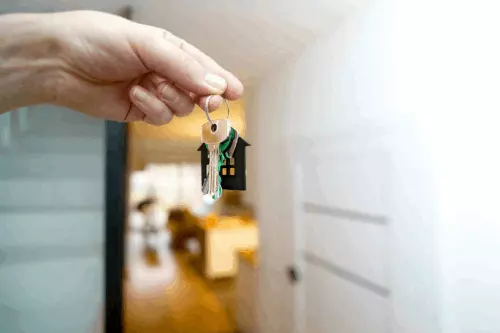
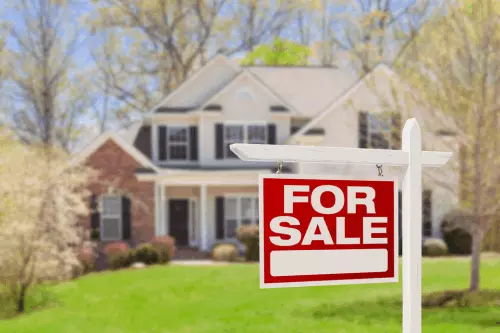
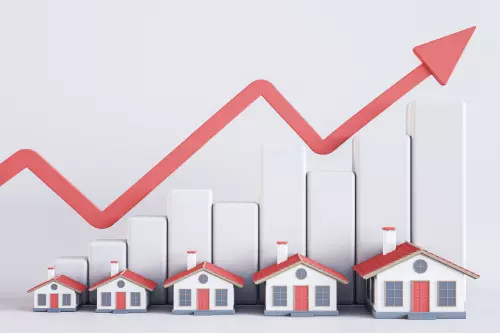


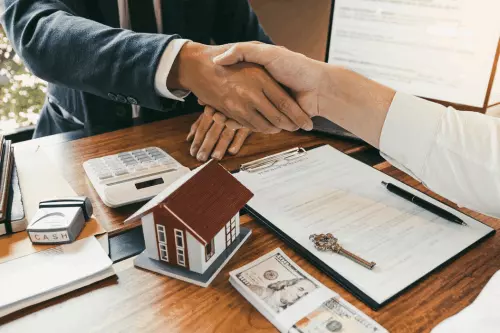
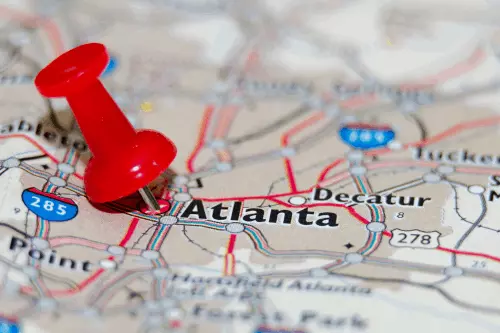
GET MORE INFORMATION

